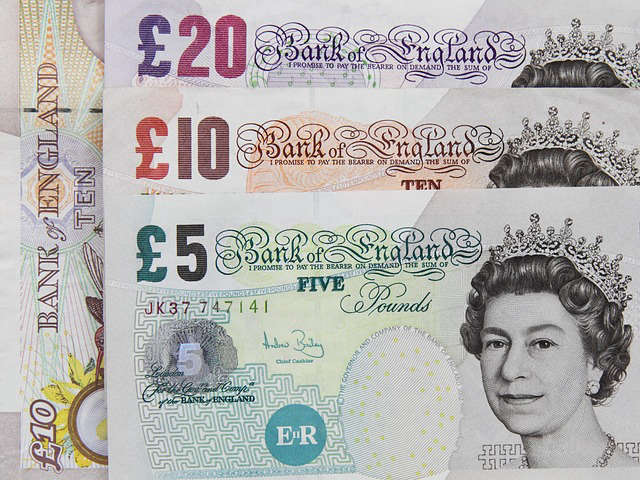NHS Business Services Authority has published official statistics on Hormone Replacement Therapy (HRT) as part of wider work to address supply chain shortages and taboos around the subject.
The authority has published official statistics on Hormone Replacement Therapy (HRT) as part of wider work to address supply chain shortages and taboos around the subject.
Millions of women go through the menopause every year, many women experience some symptoms such as low mood, anxiety, hot flushes and difficulty sleeping. Some of these symptoms can be severe and have a negative impact on everyday life.
This official statistics publication has been released to support work being undertaken by the Department of Health and Social Care, NHS England, and HRT suppliers.
The report aims to provide a national view of HRT for use by policy makers, the public and others to answer any high-level questions in this area.
Key findings of the publication showed that:
In 2021/22, there were 7.80 million items for HRT prescribed in England, a 35.0% increase from 2020/21.There were an estimated 1.93 million identified patients that were prescribed HRT in England in 2021/22. This was a 30.5% increase from an estimated 1.48 million identified patients in 2020/21.Areas of greater deprivation had the lowest number of estimated identified patients who were being prescribed HRT in 2021/22, almost twice as many patients receiving prescribing in the least deprived areas of the country compared to the most deprived.A greater proportion of the estimated identified patients from the most deprived areas of the country who received HRT prescribing in 2021/22 were under the age of 60. A total of 76.6% of the estimated identified patients in the most deprived areas were under 60, 64.6% of the estimated identified patients from the least deprived areas were under 60.To read the full official statistical publication visit this link.

 Warning to check notes as reports of counterfeit cash in Derbyshire
Warning to check notes as reports of counterfeit cash in Derbyshire
 Erewash MP Adam takes to the airwaves for seasonal guest appearance
Erewash MP Adam takes to the airwaves for seasonal guest appearance
 Giving Lottery Result for Saturday 27th December 2025
Giving Lottery Result for Saturday 27th December 2025
 Free, practical advice to help customers make smarter energy choices
Free, practical advice to help customers make smarter energy choices
 Big Transport Conversation hits the halfway mark: Mayor Claire calls on all communities to have their say
Big Transport Conversation hits the halfway mark: Mayor Claire calls on all communities to have their say




